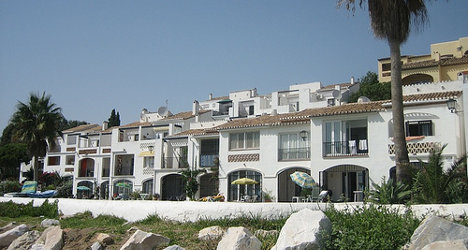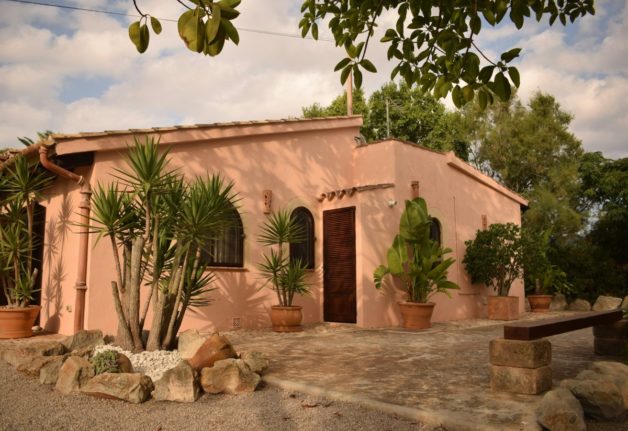A total of 16.7 percent of the 80,722 properties sold in Spain in the three-month period were snapped up by foreigners, the figures show.
This percentage marks a record since these property statistics were introduced in 2006, Spain's 20 minutos newspaper reported on Wednesday.
A total of 13,632 transactions were carried out by foreigners.
Of these, 12,546 properties went to foreign residents living in Spain while the other 1,086 properties went to non-residents.
The most popular provinces among foreign buyers were Alicante, Malaga, Barcelona, Tenerife and Girona in that order.
"It's no surprise that house sales to foreigners are up," Barcelona-based property expert Mark Stucklin told The Local.
"Most of the properties up for grabs are on the coast too, and that's where foreigners want to live."
Foreigners are also the ones who have cash, Stucklin added.
"There's not much capital in Spain, and it's very difficult to obtain credit to buy homes for Spaniards," said the man behind the Spanish Property Insight website.
Overall property purchases in Spain were down 4.2 percent on the second quarter of 2012.
But second quarter figures were far better than those of the previous three-month period. For January to March 2013 property sales were down 21.5 percent year-on-year.
The latest Ministry of Development figures do not provide a breakdown of property sales by nationality but figures from Spain's registrar association quoted on Spanish Property Insight show that British buyers remained the dominant international players in the Spanish market in 2012.
This group accounted for 16.6 percent of the foreign total and 22.5 percent of the European total.
Next cab off the rank were the Scandinavians who made up 17 percent of the European total.
And making a rapid move up the table were Russian buyers who accounted for 13 percent of the sales to European non-Spaniards.
In 2003, Russians made up just 3 percent of this total.
Spain is reportedly looking at introducing new laws which will offer residency — with strings attached — to non-European Union foreigners who spent at least €500,000 on a property in the country.
"The only strings attached are, to our knowledge, no criminal record, proof of your ability to support yourself financially and private health insurance," Alex Vaughan, partner at luxury Barcelona-based estate agency Lucas Fox, told The Local in May.



 Please whitelist us to continue reading.
Please whitelist us to continue reading.
Member comments